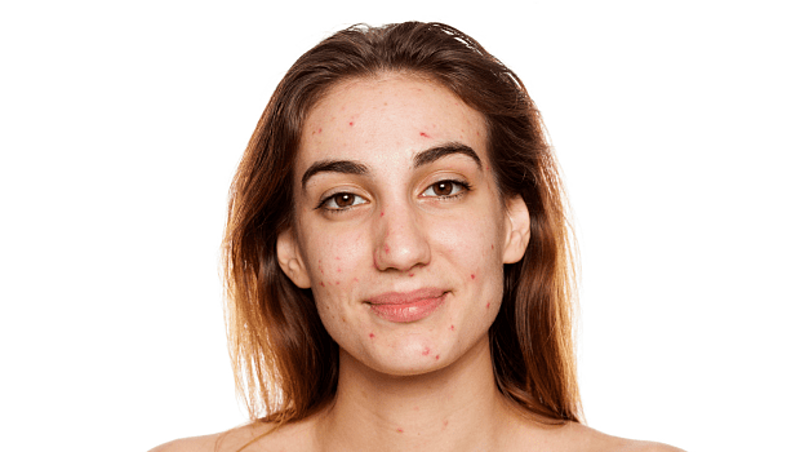Identifying the Link Between Stress and Acne
The connection between stress and acne lies deep within our body's response systems. Stress triggers the release of cortisol, the stress hormone, which in turn can increase oil production in your skin glands, setting the stage for acne flare-ups.
Types of Acne Associated with Stress
Stress doesn't discriminate; it can lead to various types of acne, from blackheads and whiteheads to the more severe cystic acne. These breakouts typically appear in areas where oil glands are most active, like the face, back, and chest.
Causes of Stress Acne
Beyond the spike in cortisol, stress can also impact your skin through poor sleep, unhealthy eating habits, and neglecting skincare routines—all of which can contribute to the development of acne.
Exploring Hormonal Factors in Stress Acne
Hormonal fluctuations triggered by stress can exacerbate skin issues, making existing acne worse or bringing dormant issues to the surface. This is especially true in women, where hormonal changes linked to menstrual cycles can intensify the effects of stress on the skin.
Understanding How Stress Can Affect Your Pores
Under stress, your skin can become more reactive and sensitive, leading to clogged pores and breakouts. It's a cycle of stress causing skin issues and those issues leading to more stress—a cycle that can be challenging to break.
How to Manage and Prevent Stress Acne
Managing stress acne involves a combination of stress management techniques and proper skincare. Incorporating relaxation methods like yoga, meditation, or deep breathing can help control your body's stress response and mitigate its effects on your skin.
Tips to Deal with Stress-Related Breakouts
To combat stress-related breakouts, maintain a consistent skincare routine, avoid picking at your skin, and consider products tailored to combat stress-induced oiliness and inflammation. Remember, seeking professional advice from a dermatologist can also provide personalized strategies for managing stress acne.


















